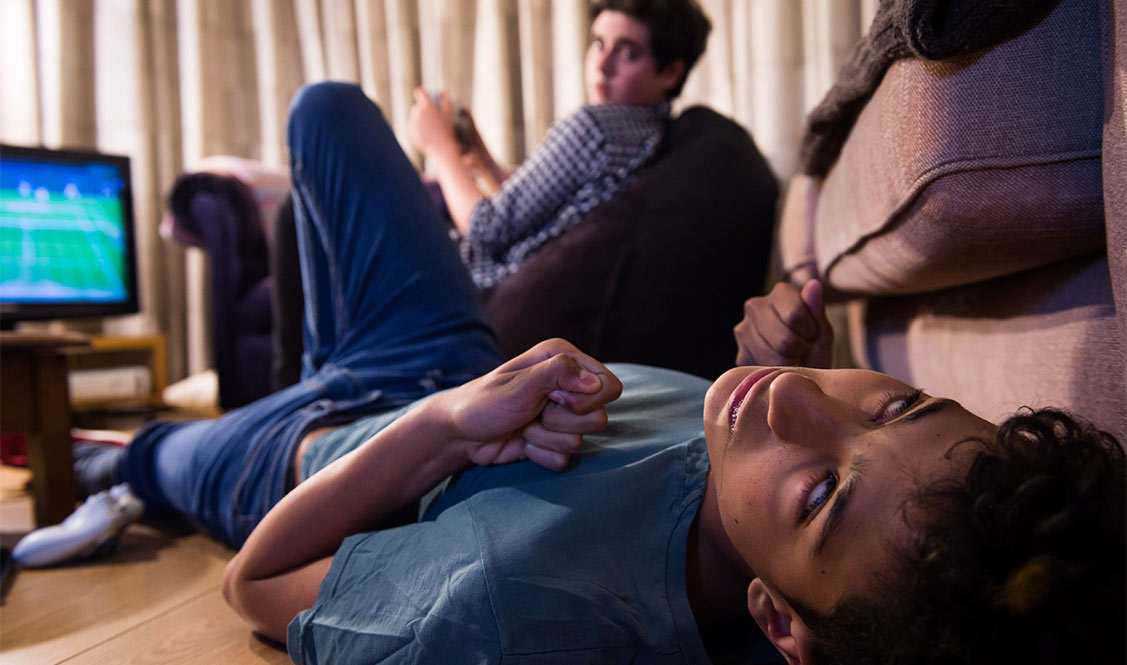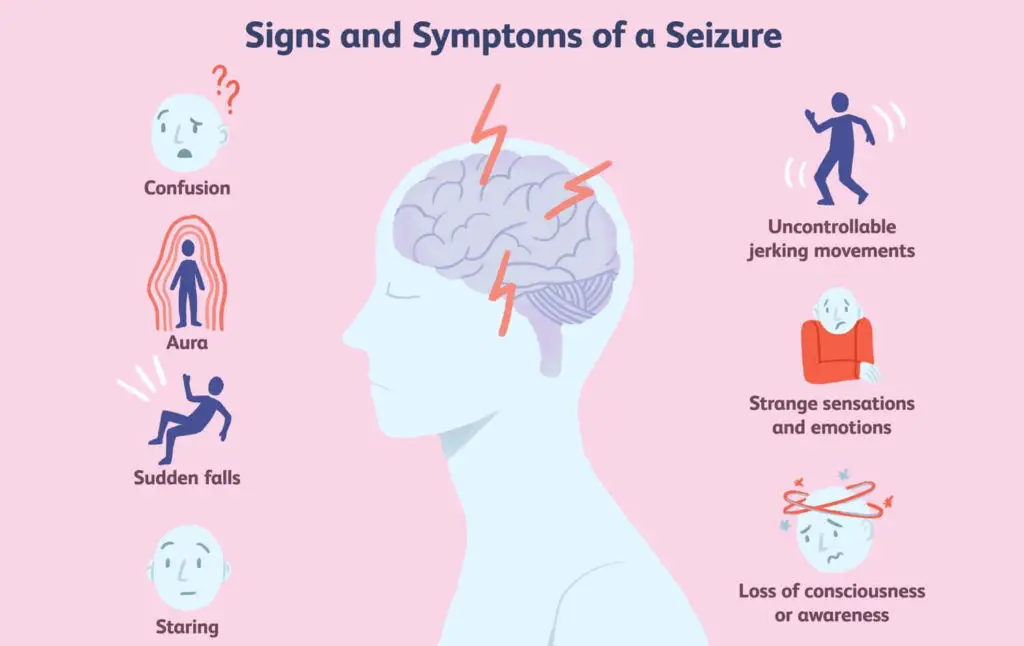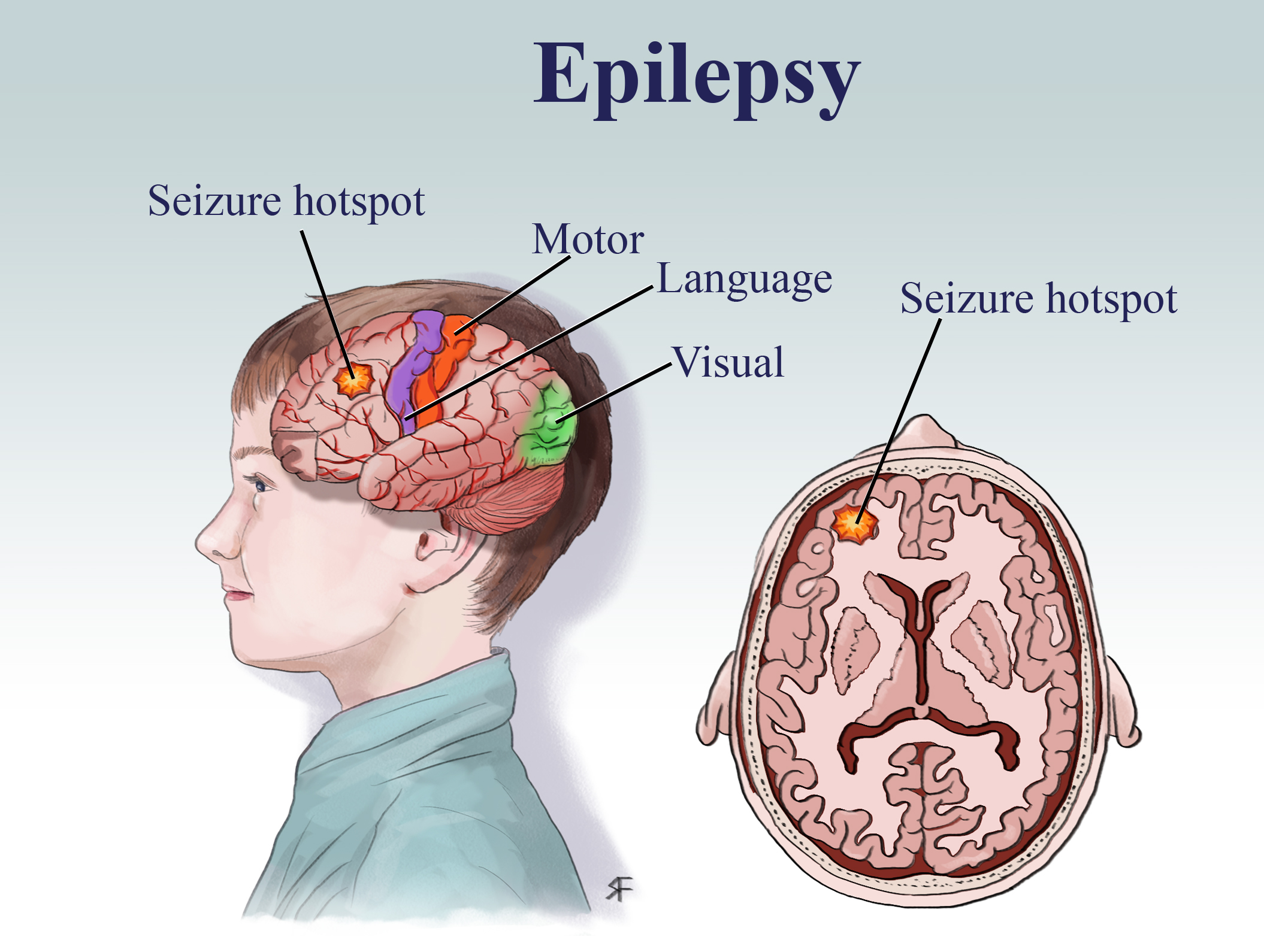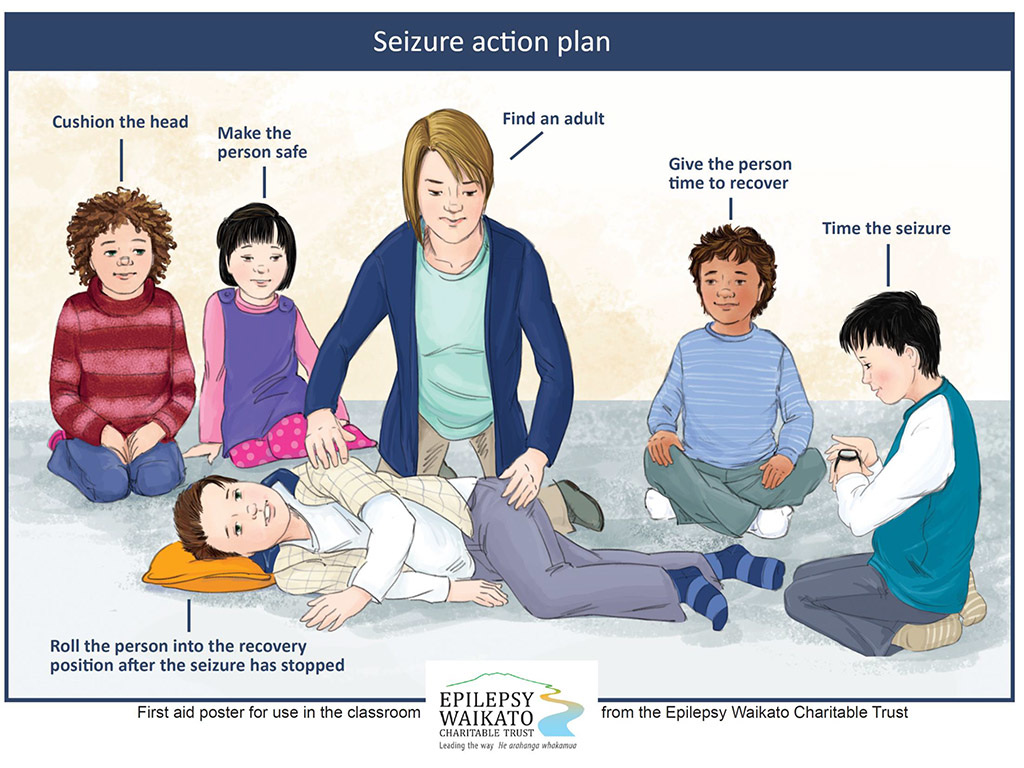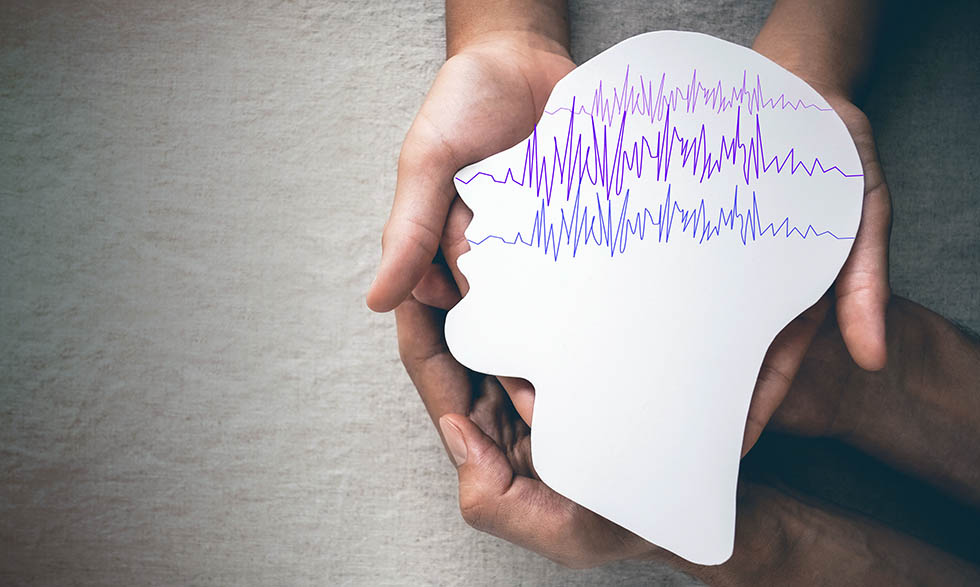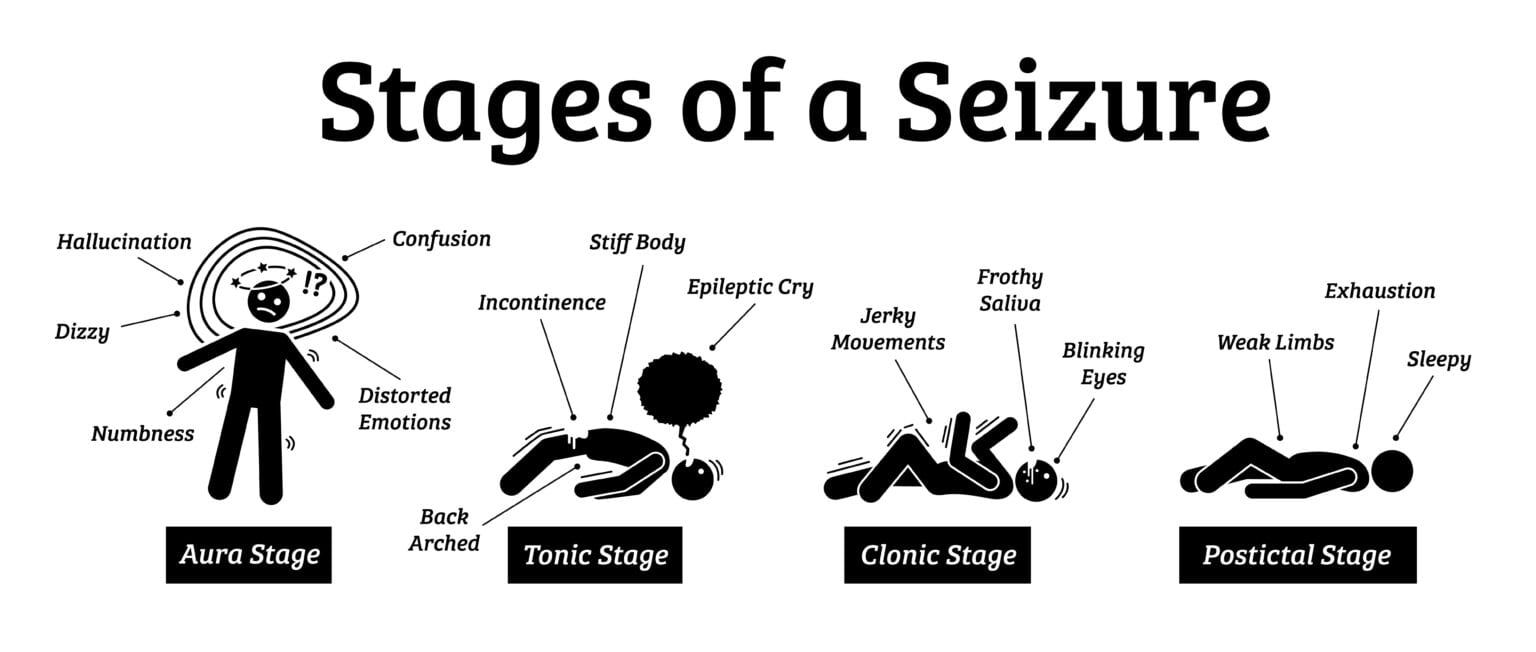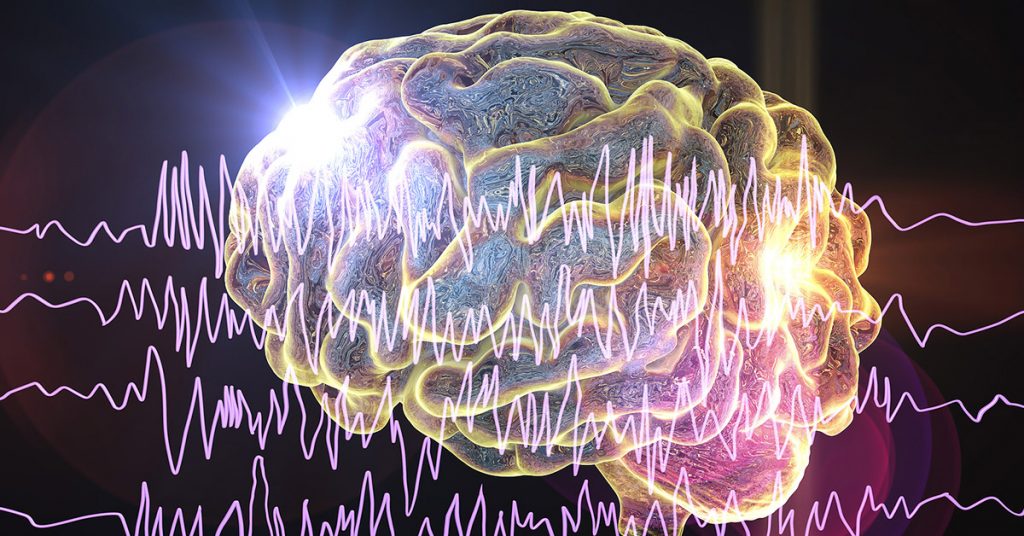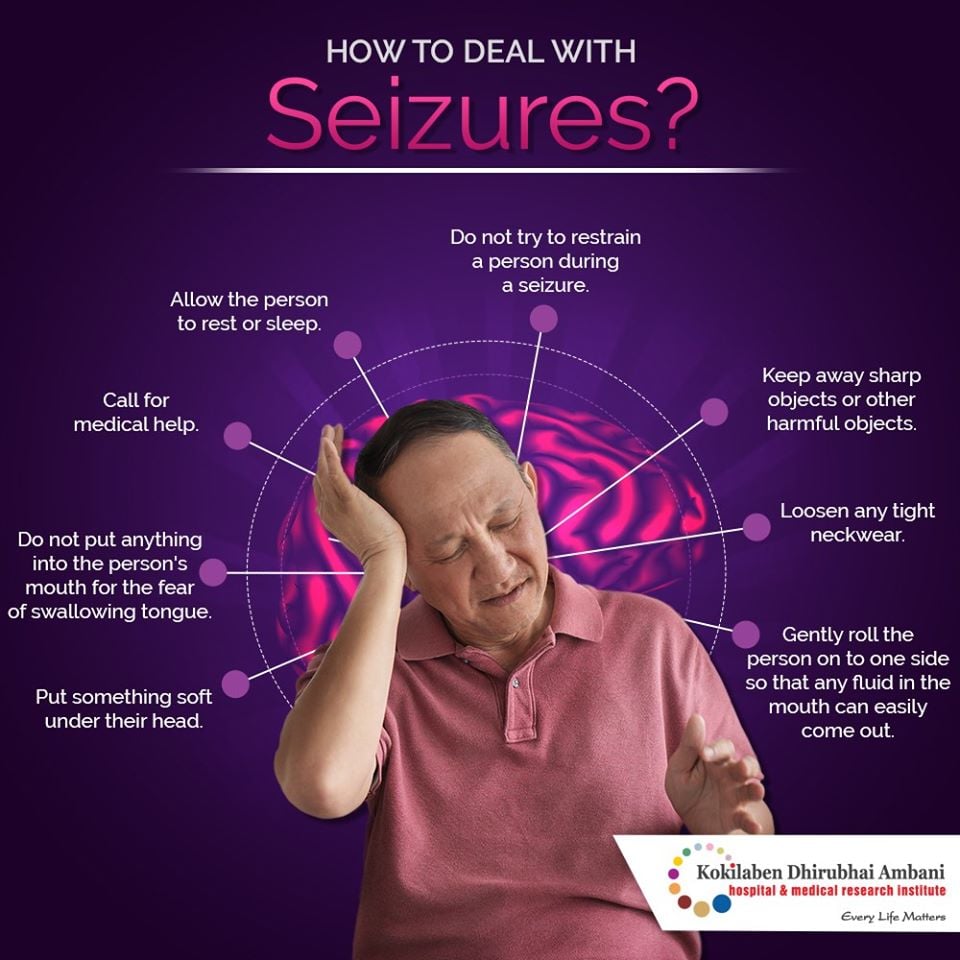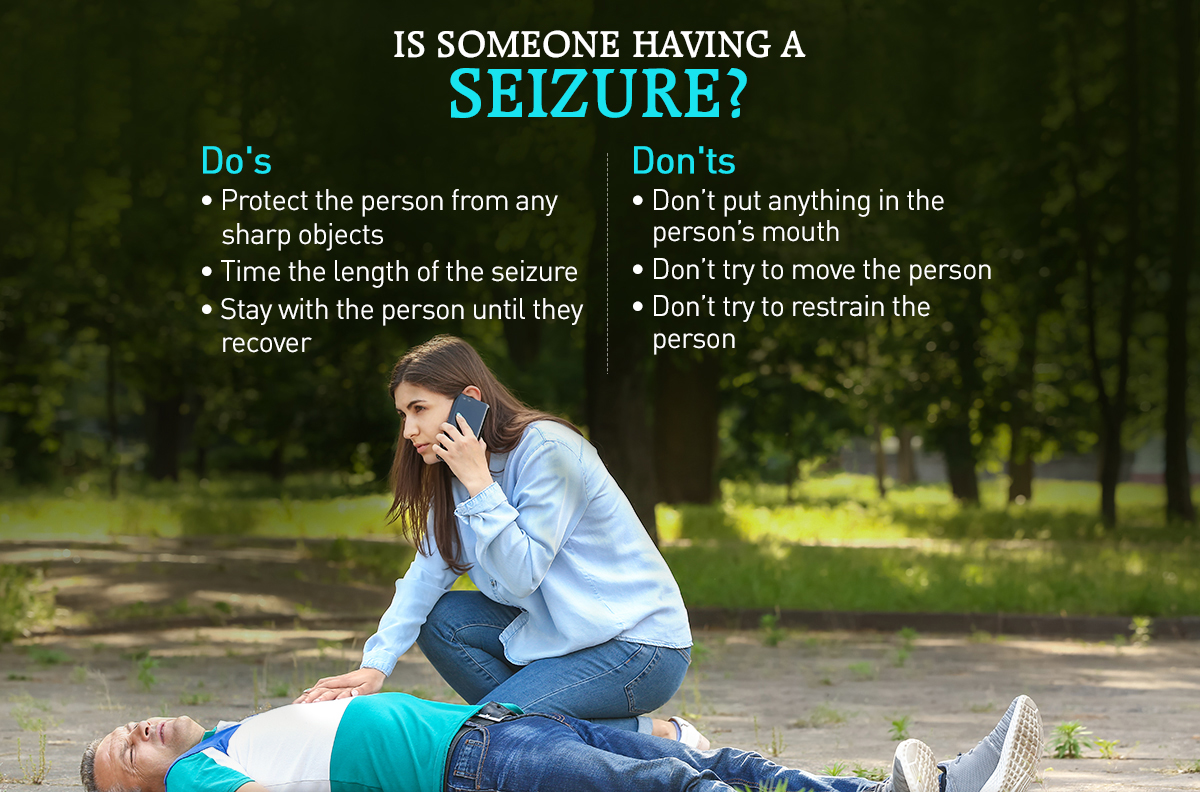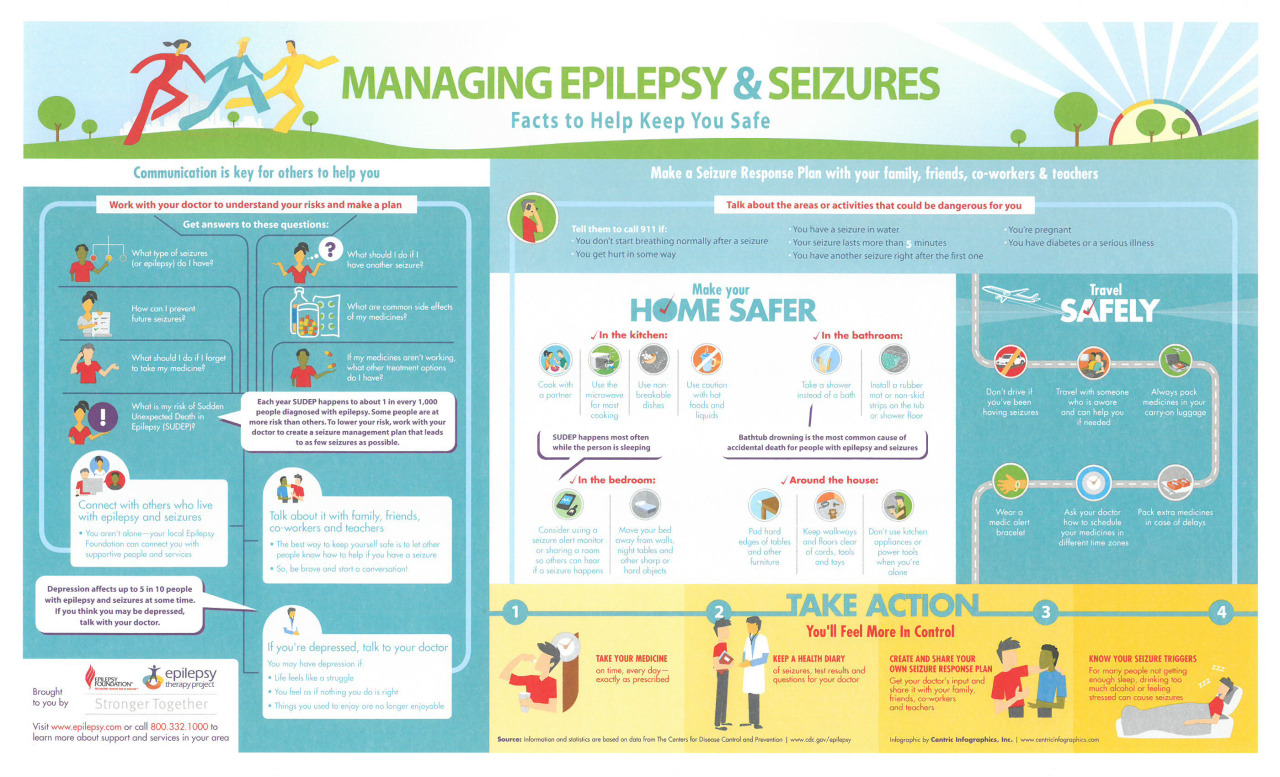Fantastic Tips About How To Deal With Someone Having A Seizure

If not, don't move them.
How to deal with someone having a seizure. It can cause changes in behavior, movements, feelings and levels of consciousness. Approximately 1 in 10 people will experience a seizure. It is a medical emergency.
You can take action to help someone during a seizure: Make them safe and prevent injury. The person has collapsed and is making sudden jerking movements.
Comfort the person and speak calmly. Epilepsy is diagnosed if you've had at least two unprovoked seizures at least 24 hours apart. If someone near you is having a seizure, you can take steps to help them, including:
Protect them from injury (remove harmful objects from nearby) cushion their head; This includes getting them to a safe area, into a safe position, and staying. They may also have froth around their mouth.
If you witness someone having a seizure, don’t panic. It's all about taking precautions. Checking for a medical alert bracelet with information about their condition.
Seizures are bursts of electrical activity in the brain that temporarily affect how it works. This training is free as part of our. Overview a seizure is a sudden, uncontrolled burst of electrical activity in the brain.
First aid for wheelchair users first. Call an ambulance if the seizure lasts for more than 5. Status epilepticus is when a seizure lasts a long time or when you have one seizure after another without recovering in between.
Turn the person gently onto one side. Complete this short online learning module to find out more. If someone is having a seizure, prevent them from injuring themselves and stay with them until the seizure has finished.
Here, our cleveland clinic epilepsy center experts explain exactly what you can do to help. Having a single seizure doesn't mean you have epilepsy. Ease the person to the floor.
Get first aid advice on seizures and fits in adults, including causes, risk factors, symptoms and treatment, as well as when to seek medical assistance. How you can best help someone during a seizure depends on what type of seizure they have and how it affects them. Call 999 and ask for an ambulance if:
_Final_800.jpg?MOD=AJPERES&CACHEID=ROOTWORKSPACE.Z18_MP541240M8QL00A94691A238J3-a2219d95-584e-4729-91ff-284a0567aa77-npEd2sb)
